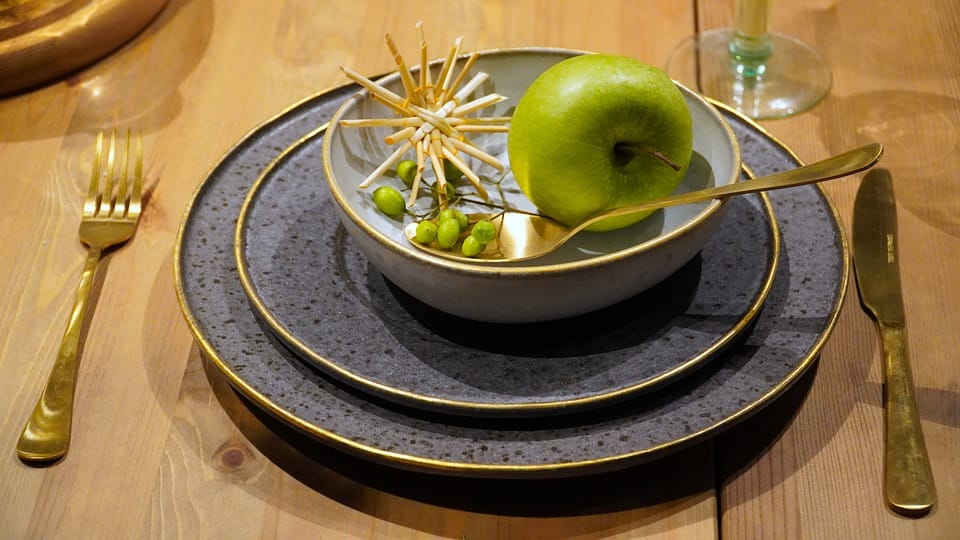The Ultimate Guide to Choosing the Perfect Pocket Knife for Your Needs
Introduction
Choosing the perfect pocket knife can be a daunting task, especially with the numerous options available in the market. With so many factors to consider, it’s easy to get overwhelmed and end up with a knife that doesn’t meet your needs. In this comprehensive guide, we’ll walk you through the essential steps to help you find the perfect pocket knife for your specific requirements.
Understanding Your Needs
Before we dive into the world of pocket knives, it’s crucial to understand your needs. What will you be using the knife for? Are you a outdoor enthusiast, a collector, or a everyday carry (EDC) user? The answer to this question will help you narrow down your options and focus on the features that matter most to you.
| Usage | Features to Consider |
|---|---|
| Outdoor Enthusiast | Durability, rust resistance, blade shape, and size |
| Collector | Aesthetics, rarity, and historical significance |
| EDC User | Compact size, ease of use, and versatility |
Blade Material and Construction
The blade material and construction are critical factors to consider when choosing a pocket knife. Here are some of the most common materials and their characteristics:
| Material | Characteristics |
|---|---|
| Stainless Steel | Corrosion-resistant, durable, and affordable |
| Carbon Steel | Strong, sharp, and requires maintenance |
| Titanium | Lightweight, corrosion-resistant, and expensive |
| Ceramic | Sharp, lightweight, and brittle |
Blade Shape and Size
The blade shape and size will depend on your intended use. Here are some common shapes and sizes:
| Shape | Size | Description |
|---|---|---|
| Drop Point | 2-4 inches | Versatile, easy to use, and suitable for most tasks |
| Straight Edge | 2-4 inches | Good for cutting and slicing, but may not be as versatile |
| Spear Point | 2-4 inches | Good for piercing and stabbing, but may not be as effective for cutting |
| Compact | 1-2 inches | Ideal for EDC users who want a small, discreet knife |
Handle Material and Ergonomics
The handle material and ergonomics are crucial for a comfortable and secure grip. Here are some common handle materials and their characteristics:
| Material | Characteristics |
|---|---|
| Wood | Natural, comfortable, and may require maintenance |
| Metal | Durable, lightweight, and may be cold to the touch |
| Plastic | Affordable, lightweight, and may be prone to cracking |
| Rubber | Comfortable, grippy, and may be prone to wear and tear |
Additional Features
Some pocket knives may come with additional features that can enhance their functionality. Here are some common features and their benefits:
| Feature | Benefit |
|---|---|
| Pocket Clip | Convenient and secure way to carry the knife |
| Bottle Opener | Useful for opening bottles and cans |
| Fire Starter | Useful for starting fires in emergency situations |
| Whistle | Useful for signaling for help in emergency situations |
Maintenance and Care
Proper maintenance and care are essential for extending the life of your pocket knife. Here are some tips to keep your knife in top condition:
- Clean the knife regularly with soap and water
- Dry the knife thoroughly after cleaning
- Apply a thin layer of oil to the blade and pivot points
- Store the knife in a dry, cool place
Conclusion
Choosing the perfect pocket knife requires careful consideration of several factors, including your needs, blade material and construction, blade shape and size, handle material and ergonomics, and additional features. By following the tips and guidelines outlined in this guide, you’ll be well on your way to finding the perfect pocket knife for your specific requirements.
Frequently Asked Questions
What is the best pocket knife for an outdoor enthusiast?
The best pocket knife for an outdoor enthusiast will depend on their specific needs and preferences. However, a knife with a durable blade, rust-resistant material, and a comfortable handle is a good starting point.
What is the best pocket knife for an EDC user?
The best pocket knife for an EDC user will depend on their specific needs and preferences. However, a compact, lightweight knife with a versatile blade and a comfortable handle is a good starting point.
How do I maintain and care for my pocket knife?
Proper maintenance and care are essential for extending the life of your pocket knife. Clean the knife regularly with soap and water, dry it thoroughly, apply a thin layer of oil to the blade and pivot points, and store it in a dry, cool place.
What is the best pocket knife for a collector?
The best pocket knife for a collector will depend on their specific interests and preferences. However, a knife with a unique design, rare material, or historical significance is a good starting point.
How do I choose the right pocket knife for my needs?
Choosing the right pocket knife for your needs requires careful consideration of several factors, including your intended use, blade material and construction, blade shape and size, handle material and ergonomics, and additional features. By following the tips and guidelines outlined in this guide, you’ll be well on your way to finding the perfect pocket knife for your specific requirements.
